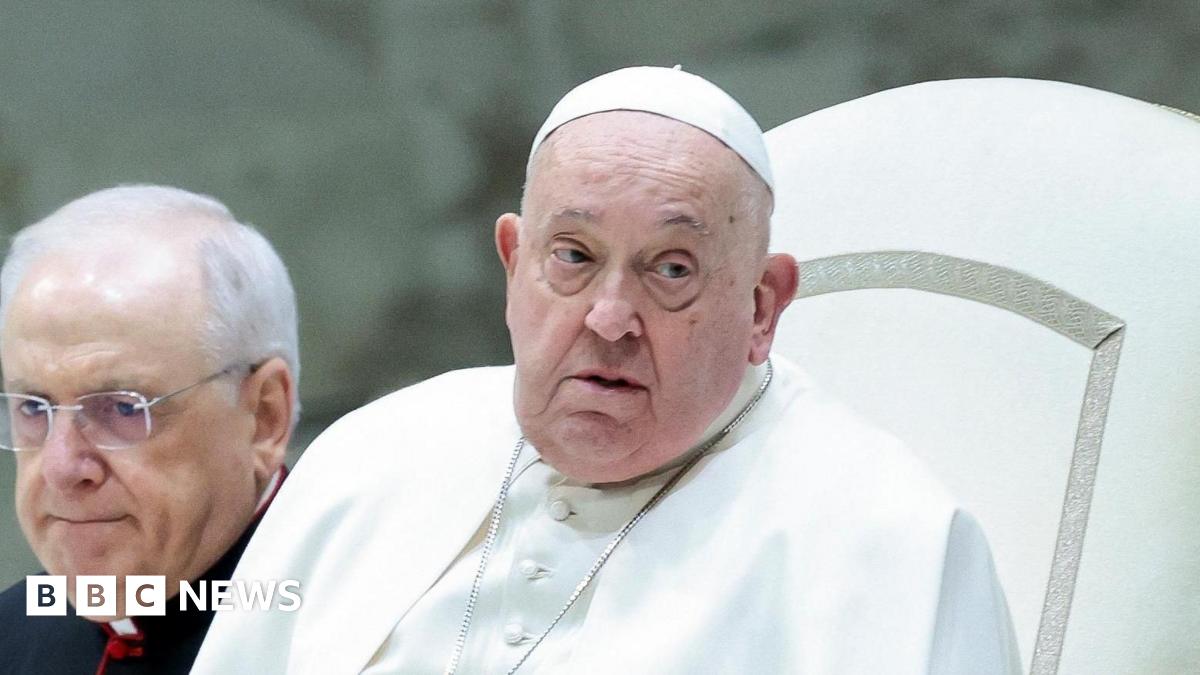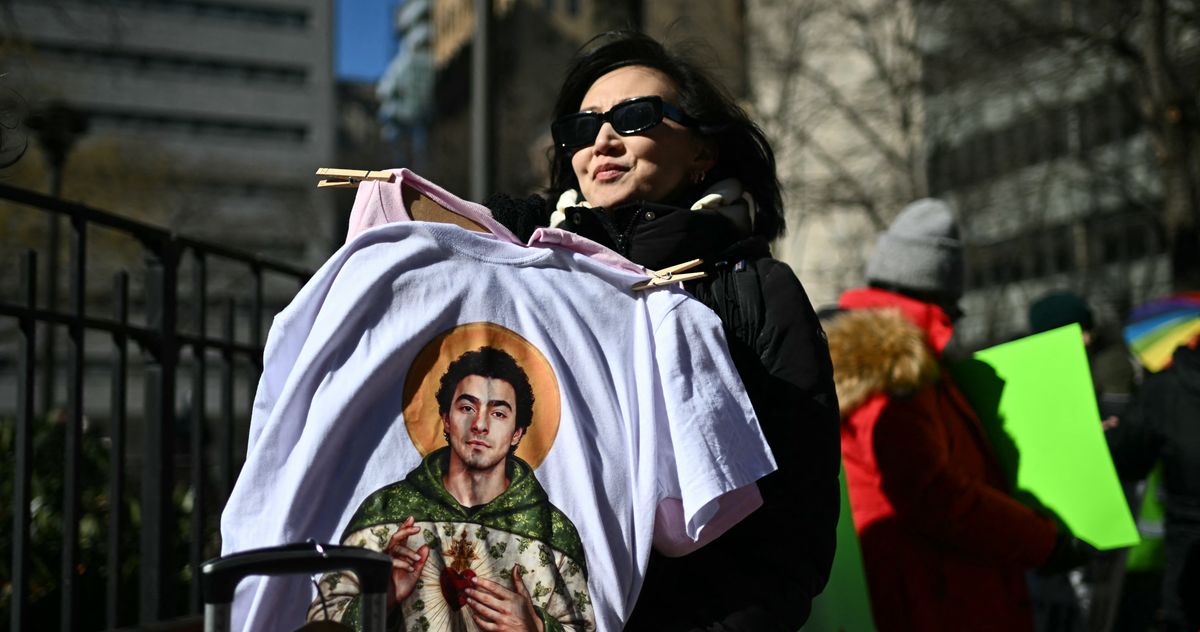Understanding Germany's 2025 Federal Election System

Table of Contents
Germany's 2025 Federal Election: A Look Ahead
BERLIN – Germany gears up for its next federal election in 2025, a pivotal moment for the country's political landscape. While the specifics are still unfolding, the fundamental framework of the election system remains largely consistent with previous cycles, offering a glimpse into the potential dynamics of the upcoming vote.
Germany employs a unique mixed-member proportional (MMP) system, a blend of direct and proportional representation designed to balance geographic representation with party strength. This system, enshrined in the country's Basic Law (Grundgesetz), ensures a degree of both local accountability and national proportionality in the Bundestag, the German federal parliament.
The Two Votes: Voters cast two votes:
-
First Vote (Erststimme): This vote elects a candidate directly from their constituency (Wahlkreis). Germany is divided into 299 constituencies, each electing one member of parliament through a simple plurality (first-past-the-post) system. The candidate with the most votes wins the seat, regardless of whether they receive an absolute majority.
-
Second Vote (Zweitstimme): This vote determines the overall party representation in the Bundestag based on the nationwide proportional representation of party-list votes. Parties must achieve a minimum of 5% of the nationwide second vote or win at least three direct mandates (from the first vote) to be represented in parliament. This clause prevents smaller parties from gaining seats disproportionately to their popular support.
The Allocation of Seats: The number of seats in the Bundestag is not fixed. If the proportional representation based on the second vote results in a significantly higher number of seats than the 299 directly elected members, the number of seats is adjusted to reflect the proportional results. This process, known as Überhangmandate (overhang mandates) and Ausgleichsmandate (compensation mandates), ensures proportionality while maintaining the representation from direct elections. This often leads to a Bundestag exceeding the nominal 598 seats (299 direct + up to 299 from proportional representation).
Key Players and Potential Scenarios: While the 2025 election is still some time away, several parties are likely to play significant roles:
-
The CDU/CSU: The Christian Democratic Union (CDU) and its Bavarian sister party, the Christian Social Union (CSU), are traditionally strong contenders. Their performance will depend on their ability to address voters' concerns regarding the economy, immigration, and social issues.
-
The SPD: The Social Democratic Party (SPD), currently in government, will aim to showcase their achievements and build upon their existing support base. Their success will hinge on their economic policies and their ability to manage societal challenges.
-
The Greens: The Green Party, a significant force in German politics, is expected to remain a key player. Their focus on climate change, environmental protection, and social justice will be central to their campaign.
-
The FDP: The Free Democratic Party (FDP), a liberal party currently in the coalition government, will likely compete for the centrist vote. Their focus on economic liberalism and individual freedoms will determine their electoral success.
-
The AfD: The Alternative for Germany (AfD), a right-wing populist party, is likely to remain a considerable force, though their influence may fluctuate depending on national and international events.
Challenges Ahead: The 2025 election faces a number of challenges. Economic uncertainty, climate change, and geopolitical instability are just some of the issues that will shape the political landscape. The ongoing debate on energy policy, particularly Germany's transition away from nuclear and fossil fuels, will also play a vital role in the election campaign. Public trust in political institutions and the ability of parties to address widespread concerns will be crucial for their electoral performance.
Conclusion: Germany's 2025 federal election will be a significant event shaping the nation's political direction for years to come. While the exact dynamics of the campaign remain to be seen, understanding the intricacies of the German electoral system is crucial for interpreting the results and analyzing the post-election political landscape. The MMP system, with its balancing act between direct and proportional representation, will undoubtedly continue to play a crucial role in determining the composition of the next Bundestag.

Featured Posts
-
 Critical Condition Continues For Pope Francis Despite Peaceful Night
Feb 25, 2025
Critical Condition Continues For Pope Francis Despite Peaceful Night
Feb 25, 2025 -
 The Women Behind Luigi Mangione Their Courtroom Presence
Feb 25, 2025
The Women Behind Luigi Mangione Their Courtroom Presence
Feb 25, 2025 -
 Father And Sons Utah Hiking Mishap Abandoned Gear Saves Their Lives
Feb 25, 2025
Father And Sons Utah Hiking Mishap Abandoned Gear Saves Their Lives
Feb 25, 2025 -
 Ukraines Fate Zelenskys Gamble On Restoring The Trump Relationship
Feb 25, 2025
Ukraines Fate Zelenskys Gamble On Restoring The Trump Relationship
Feb 25, 2025 -
 Declining Sales Push Artists To The Brink Kennedy Center Performances At Risk
Feb 25, 2025
Declining Sales Push Artists To The Brink Kennedy Center Performances At Risk
Feb 25, 2025
Latest Posts
-
 Looming Government Shutdown Congress Focused On Tax Cuts Agency Layoffs
Feb 25, 2025
Looming Government Shutdown Congress Focused On Tax Cuts Agency Layoffs
Feb 25, 2025 -
 Netflix Show Meghan Markle Shares Her Pre Production Vision Board
Feb 25, 2025
Netflix Show Meghan Markle Shares Her Pre Production Vision Board
Feb 25, 2025 -
 Ukraine Conflict The Mounting Toll Of Unreported Russian Deaths
Feb 25, 2025
Ukraine Conflict The Mounting Toll Of Unreported Russian Deaths
Feb 25, 2025 -
 Is Insurance Getting Worse A Doctors Viral Video Reveals The Truth
Feb 25, 2025
Is Insurance Getting Worse A Doctors Viral Video Reveals The Truth
Feb 25, 2025 -
 Sculpture Of Grief A Mothers Tribute Following The Lockerbie Air Disaster
Feb 25, 2025
Sculpture Of Grief A Mothers Tribute Following The Lockerbie Air Disaster
Feb 25, 2025
